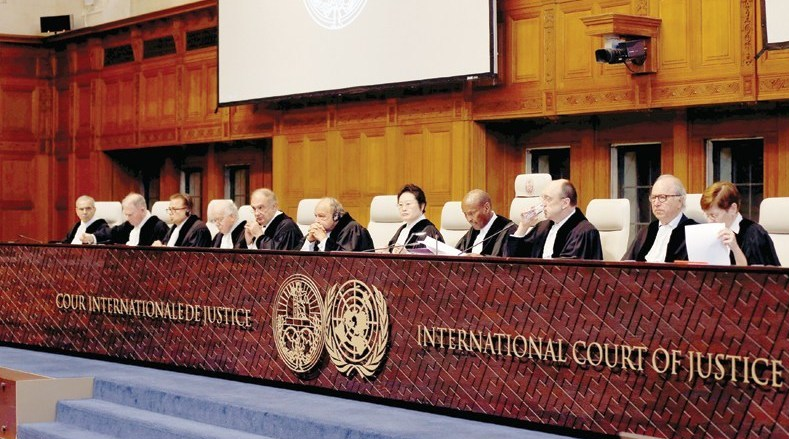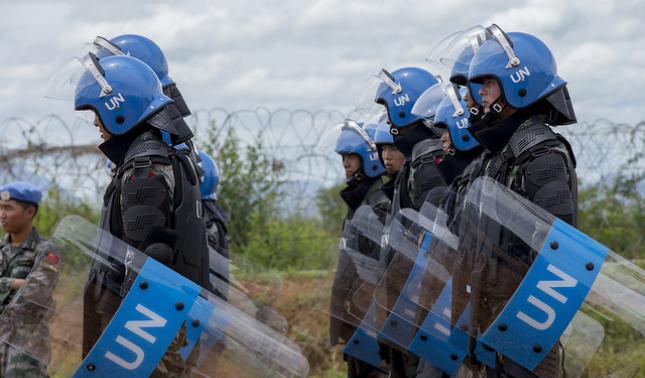- Foreign Investment Briefly Explained
Before getting into the main subject of this article, it deems necessary to briefly explain what foreign investment is and what the result of foreign investment would be for the parties involved.
Simply put, foreign investment refers to investing in domestic companies and assets of another country by a foreign investor which can result in increasing the income of locals and enabling them to have more purchasing power. Other advantages of foreign investment include but not limited to the following:
- Economic Growth: The recipient countries of foreign investment often experience more economic growth by opening their countries up to the new markets.
- Technology Transfer: Foreign investment, most of the times, introduces the world-class technologies and technical expertise to the developing countries.
- Job Creation and Employment: Most of the Foreign investments are aimed to establish new businesses in the host countries which inevitably leads to job creation and higher wages.
- Upgrading quality of products and boosting export capabilities
Generally, the host countries consider and offer a variety of benefits for the investors to attract more of their capitals, such as:
- Tax exemptions and incentives
- work permit issuance
- The right to transfer profits (dividends) as well as capital and gains on capital in foreign exchange.
- The right to enjoy equitable treatment accorded to domestic investors
In other words, both the recipient country as well as the investor benefit from the foreign investment in parallel.
- Getting to Know Iran
Iran is a country located in Western Asia. Iran is the second largest country in the middle east and the 18th largest county in the world by area with many investment opportunities and economic advantages.
According to Principle 44 of Iran’s Constitution, the economy of Iran consists of three sectors: Public, Private, and Cooperative. Under this Principle, the government owns all the major industries, however, the limitation of the private sector is redefined and accordingly, keeping the core management in main industries by the government, the private sector is allowed to participate in such industries through Privatization.
- Iran’s Economic Advantages
Iran has many economic advantages which makes it attractive for the investors, such as:
- Rich in Natural Resources
- Young and educated population
- Large domestic market
- Developed infrastructure in transportation, telecommunication and energy
- Tax exemptions and incentives
- One of the top producers of Zinc, Lead, Cobalt, Aluminum, Manganese and Copper in the world
- Ranks amongst the Top 7 Countries in Producing 22 Important Agricultural Products
- Ranked as the 7th Oil producer countries in the world
- Investment Opportunities in Iran:
Foreign investment is one of the most important subjects of International Trade. Therefore, every country tries its best in order to attract more capital to be invested in their countries through the foreign investment process.
In this regard, in Iran, Foreign Investment Promotion and Protection Act was adopted in 2002. In other notion, the main legal basis for foreign investment in Iran is the “Foreign Investment Promotion and Protection Act” (FIPPA). The FIPPA grants the foreign investors the same rights, protections and facilities available to domestic investors, such as permission for investment in all fields where private sector activity is allowed and permission to hold up to 100% of shares in Iranian legal entities and the right to receive compensation resulting from expropriation (deprivation of ownership) and nationalization of foreign capital. Furthermore, FIPPA includes provisions in order to ensure free transfer of foreign capital and profits of foreign investment abroad. Pursuant to FIPPA regulations, residence and work permits for foreign personnel are facilitated.
As a final note, it is important to highlight that Iran is the country of opportunities for investors which some of the investment opportunities in Iran are numerated as below:
- Investing in Hotel Construction
- Investing in Industrial Commercial Welfare Complex
- Investing in Solar Power Plants
- Establishing Oil Refinery
- License of Brokerage Firm for Sale
- Export Crude Oil
- Petrochemical Catalysts Production Line
- Water Plans
- Wind energy
- Investment and participation in the Agricultural and Industrial complex
- Tourism Residential Projects
- Knowledge-based companies (startups)
- Setting up the rating agencies
- Investment in Healthcare
- Waste management
- Gas Station
- Residential Projects
Dr. Parastou Esmailzadeh
Head of International Trade Law Department








